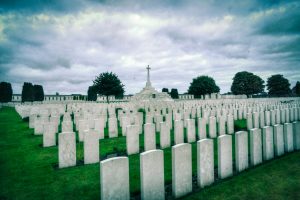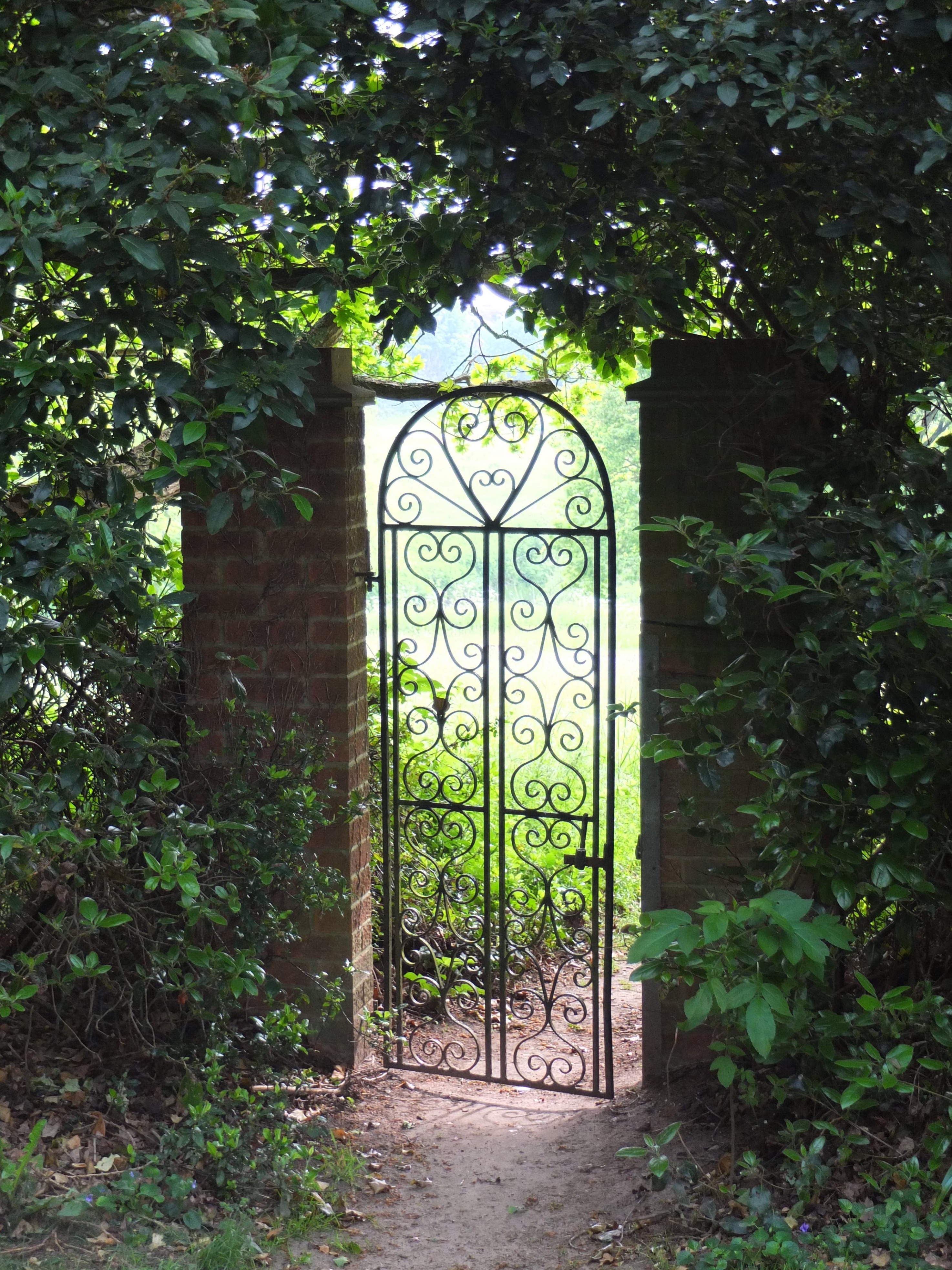 In my last post I enthused about Peter Parker’s 1986 book – “The Old Lie” – the subject of which is the generation of young men who left England’s public schools to fight – and in many cases to die – in what became known in its immediate aftermath as ‘The Great War‘.
In my last post I enthused about Peter Parker’s 1986 book – “The Old Lie” – the subject of which is the generation of young men who left England’s public schools to fight – and in many cases to die – in what became known in its immediate aftermath as ‘The Great War‘.
Parker’s thesis is that in great part the nation’s apparent excess of enthusiasm to go to war in Europe in the early part of the twentieth century arose from illusions whose roots lay the attitudes emanating from England’s great public schools. To understand why this should be the case he chooses (as might we also) to look back into the nineteenth century to determine how it was that these schools came to embody the ethos and ideals whence such notions arose.
Of the drivers for the widespread reform of the public schools that was effected during the nineteenth century two in particular are pertinent:
The first such was the influence on these schools of Thomas Arnold – head master of Rugby School from 1824 to 1841. Arnold’s avowed aim – of producing a “school of Christian gentlemen” – was to be achieved by the inculcation of his values of piety, discipline and high-mindedness into an elite coterie of upper school boys (Arnold has frequently been credited with the invention of the prefectorial system) who would then act as his instrument in shaping the younger boys, for whom Arnold personally had little time. So successful was this approach that as the ex-members of his Rugby elites spread out into the world (along with acolytes amongst the Rugby masters who subsequently applied for posts elsewhere) other schools rapidly adopted Arnold’s aims and methods.
The second driver was the Victorian policy of expansionism. As the Empire grew so did the need for the ‘right sort of chap‘ to enter the nation’s service in the administration of its far-flung territories. This (along with a slowly increasing militarism in the public schools which eventually found an echo in the extension of the Officers’ Training Corp (OTC) thereto) led to the espousal of values that promoted both a local and national patriotism – for house, school and country (in that order!).
It is perhaps in the nature of such establishments that these new values (new at least to the public schools!) were quickly subsumed in the mystique and self-mythologising which has long been their stock in trade – much of it based on Classical virtues and ideals (remembering of course that for the longest time such schools taught little other than the classics!). For the young adults in the sixth forms of these schools the notions of ‘good form’,’ playing the game’, ‘keeping a stiff upper lip’ and so forth became the mark of the man. By the time the continent slid inexorably into the cataclysm that was the First World War a generation of such young Christian gentlemen were eager to put their new-found values – and themselves – to the test… in the service of their (house, school and) country (still in that order!).
To understand how it was that influence of these developments within elite institutions spilled over into the outside world – touching those for whom an education at such an establishment was never an option – it must be remembered that the social structure of nineteenth century Britain was utterly hierarchical. Those in positions of influence and power still came largely from the upper classes that the public schools had been created to serve. Young boys of middle and working classes were encouraged to follow the example of their ‘betters; with the public school ideal being promoted as the quintessence. ‘The ‘school novel’ became a successful and popular genre and glowing articles in periodicals aimed at young men espoused the values and virtues of public school heroes much as did later ‘comics’ with sportsmen, explorers and astronauts.
The social hierarchy naturally extended into the armed forces. Officers came from privileged backgrounds – enlisted men did not. Though there might be a germ of truth in the widely held critique of the British infantry as being “Lions led by donkeys” (sent to their deaths by incompetent and indifferent leaders) and it is certainly true that some of those in positions of command did remain safely many miles behind the front lines, this was certainly not the case for the junior officers who led men on the ground.
Parker makes the chilling point that whereas the mortality rate for all Britons involved in the conflict was a little under 12%, for public school educated officers it was more than 17%. The eager young subalterns (armed only with a service revolver and wearing a distinctive uniform) leading their troops over the top presented all to easy a target for the German snipers, who were well aware that without the leadership of their officers the British infantry was literally headless.
At this remove we can but study the histories; or perhaps more appropriately to read the poetry, written by the young men themselves once disillusionment set in as the conflict progressed and the extent of the lie became apparent.
Many of these young men, however, went to their tragic deaths with no opportunity to gain such enlightenment.


Recent Comments